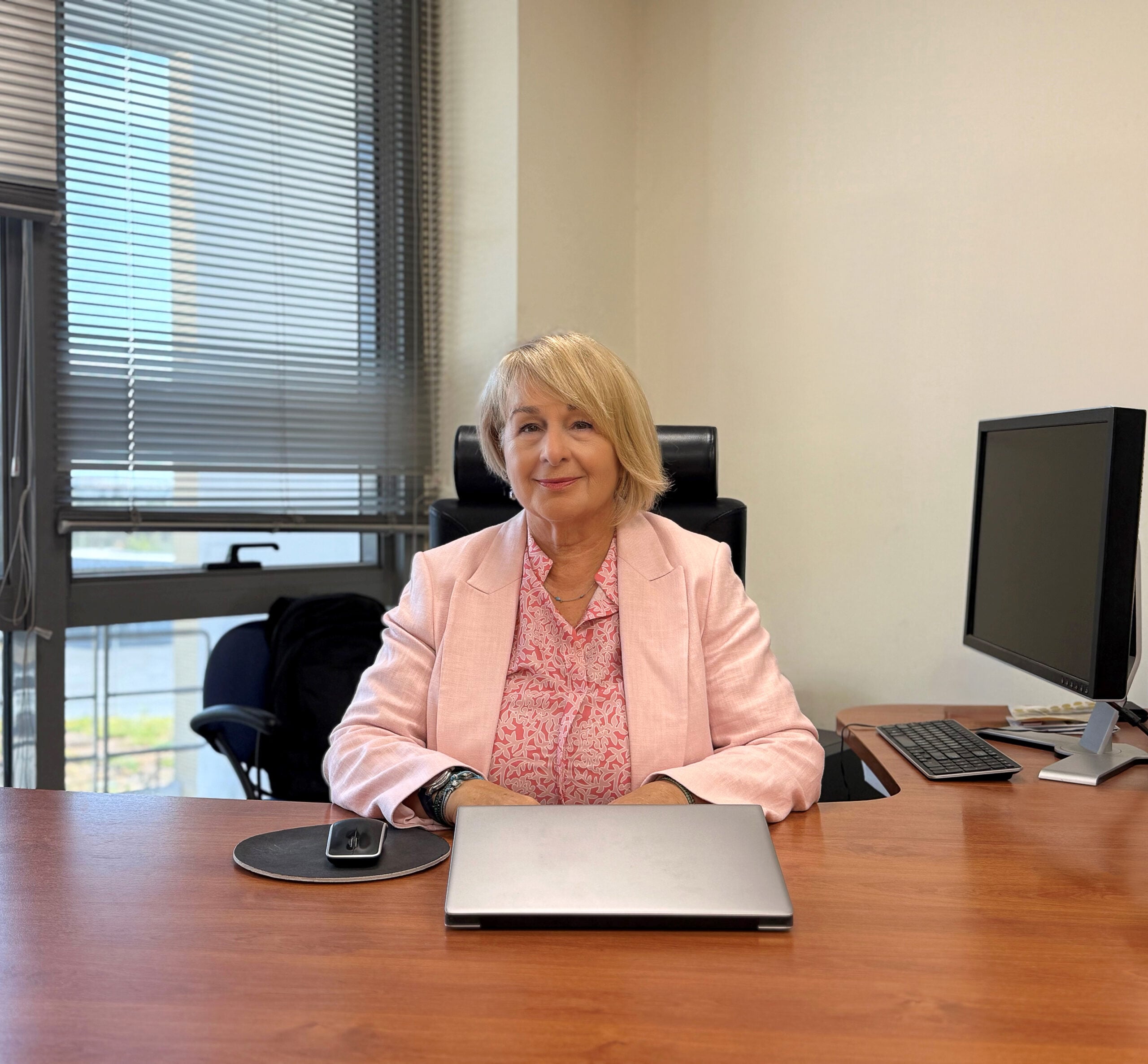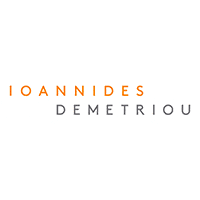

Head of legal department | Intracom Telecom





Georgia Papageorgiou
Head of legal department | Intracom Telecom
Team size: 7
What are the key projects that you have been involved in over the past 12 months?
With the assistance of my legal team i coordinated the legal strategy for several contentious matters, including administrative appeals and contract disputes. But, it is worth mentioning that, the past year, a major success has been the fact that, that two complex and difficult disputes, from a legal point of view, that have been straining the company for years, were successfully brought to a close, with the support of excellent external partners, safeguarding the company’s commercial and economic interests while also avoiding reputational damage.
What do you think are the most important attributes for a modern in-house counsel to possess?
It is important to highlight that, although not easy, one of the most important attributes for a modern in – house lawyer is the ability to adapt to the demands of the new era. An effective in-house lawyer should not act merely as a legal guardian but also, understand the company’s business model, market dynamics, and strategic goals, balancing legal risk with commercial opportunities – for example, perceiving when to say “yes, but” instead of simply “no.” – is a crucial attribute that an in-house lawyer must possess. Equally important is the ability to manage the company’s internal politics and external relations with utmost, discretion and diplomacy so that while influencing decision-makers, may maintain its independence and integrity.
It should be emphasised that legal strategy must be closely aligned with corporate objectives and anticipate the legal implications of business decisions. Equally important is building trust between the legal department and the other departments of the company, by being approachable and solution-oriented, which is essential for embedding legal strategy into everyday decision-making. Notably, an in-house lawyer must be able to “translate” complex legal concepts into clear, actionable advice – this is more than just a communication skill, it’s a strategic enabler that positions legal as a collaborative partner rather than a gatekeeper. In this way, the in-house lawyer effectively bridges the gap between legal risk and business opportunity.
Based on your experiences in the past year, are there any trends in the legal or business world that you are keeping an eye on, of which you think other in-house lawyers should be mindful?
We live in a time of rapid transformation, and both the past year and the one now coming to a close have brought significant changes across the business and, by extension, the legal landscape – developments that place in-house counsel at the epicenter of strategic decision-making. It is important to highlight that monitoring evolving legal frameworks both at the state level and at the European level, remains a constant strategic imperative, ensuring that the organisation remains agile, compliant, and prepared for jurisdictional shifts that may impact operations, contracts, or regulatory exposure.
Of particular importance is the adoption of Artificial Intelligence, which I see as one of the most critical trends. Legal departments are expected not only to leverage AI tools for automation but also to demonstrate return on investment, by strategically enhancing legal functions.
Moreover, working for a company that has a presence in Europe, America, Africa and Asia, it is important to point out that cross-border operations require deeper expertise in data privacy, trade restrictions, and Intellectual Property protection. As a result, legal teams are increasingly expected to navigate complex international frameworks while simultaneously supporting agile business expansion.
Finally. I would add that due to the rapid pace at which we are expected to operate nowadays, maintaining team cohesion and communication has become an increasing challenge. Building of an inclusive and flexible work culture, along with actively supporting team wellbeing, should therefore be treated as a strategic priority rather than a secondary concern. It is widely recognised that legal teams perform at their best when psychological safety, diversity of thought, and work-life balance are actively fostered. By doing so, we not only strengthen team resilience, but also enhance the quality, flexibility, and ethical depth of our legal advice – especially in high-pressure environments.